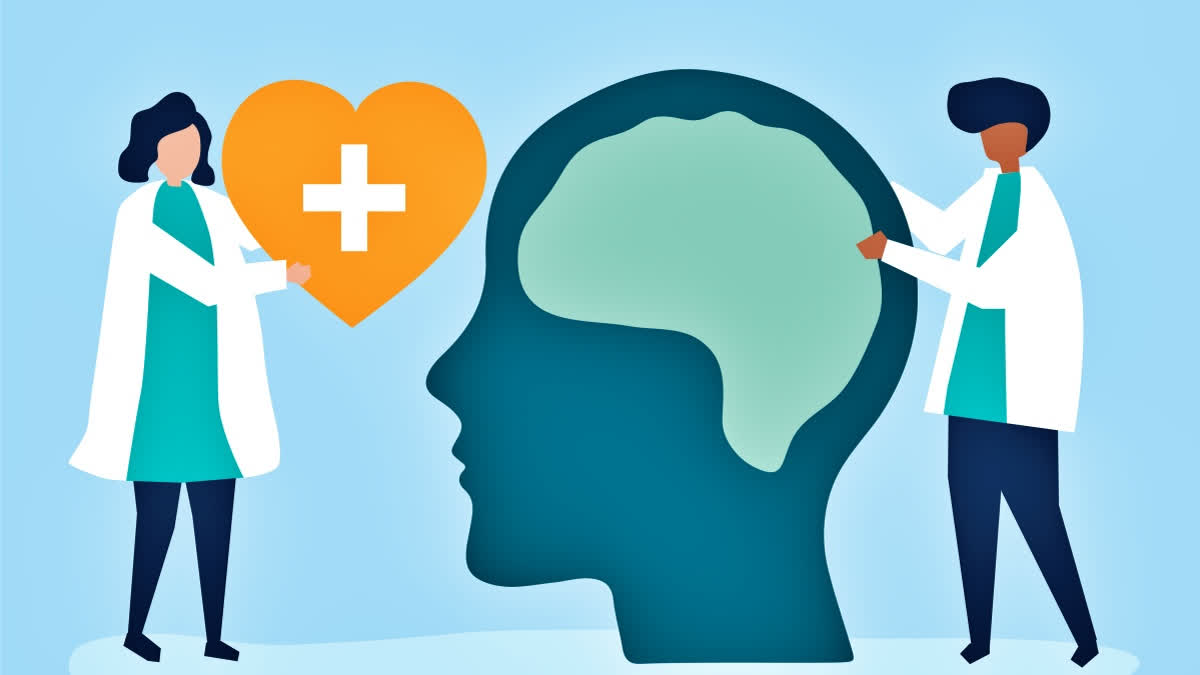Researchers at the University of Rochester Medical Center (URMC) in New York have discovered that biotin (a type of B vitamin) could help protect the brain from damage caused by too much manganese. The study (published in Science Signaling) offers insights into how manganese harms the brain and how biotin may help counter its effects.
What Is Manganese, And Why Can It Be Harmful?
Manganese is an essential nutrient that supports many body functions. However, too much of it can lead to serious health problems, especially for the brain. High exposure to manganese is often linked to jobs like welding or drinking water in certain rural areas. Prolonged exposure can cause a condition called manganism, which has symptoms similar to Parkinson’s disease (such as tremors, muscle stiffness, and trouble thinking clearly).
“Exposure to neurotoxic metals like manganese has been linked to the development of Parkinsonism,” said Dr. Sarkar Souvarish, lead author of the study and assistant professor at URMC.
How Does Manganese Damage the Brain?
The study found that manganese can bind to a brain protein called alpha-synuclein, causing it to misfold and clump together. This buildup can damage the brain and lead to neurological issues.
The researchers tested their findings on fruit flies (Drosophila) exposed to manganese. The flies developed movement problems, loss of brain cells, and shorter lifespans (mirroring what happens in humans exposed to high levels of the metal). The same results were seen in human brain cells grown in the lab, particularly those that produce dopamine, a critical brain chemical linked to Parkinson’s disease.
Can Biotin Help?
Biotin is a vitamin naturally produced by gut bacteria and found in foods like eggs and nuts. It may offer protection against manganese’s harmful effects. The study showed that supplementing with biotin improved brain cell function, increased dopamine production, and reduced cell damage in both the flies and human neurons.
“Biotin supplementation reversed neurotoxicity in flies and stem cell-derived neurons,” said Dr. Souvarish. “This finding also supports the idea that Parkinson’s and similar conditions might be linked to gut health.”
What Does This Mean for You?
The research highlights the potential of biotin as a simple and safe way to protect the brain, especially for people at risk of high manganese exposure. This includes workers in industries like welding or individuals living in areas with manganese-contaminated water.
Dr. Souvarish suggested that biotin-rich prebiotics (foods that boost gut bacteria) or probiotics (supplements that provide good bacteria) could serve as non-drug options to help protect against brain damage.
This study is a step forward in understanding how exposure to toxic metals like manganese impacts brain health and how a simple vitamin like biotin could play a role in protecting against it. While more research is needed, these findings open the door to new ways of preventing and managing brain-related conditions linked to environmental toxins.
Read more:
- One Serving Of This Tiny Green Fruit Can Improve Your Digestion Overnight
- Explained: What Is L-Glutamine And How Its Deficiency Affects Your Brain And Body
- 5 Easy-To-Make Vegetarian High-Protein Snacks That Are Best For Gut Health
